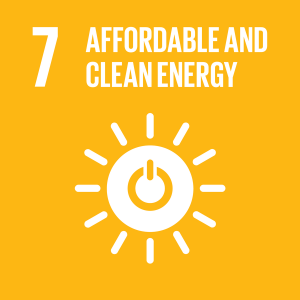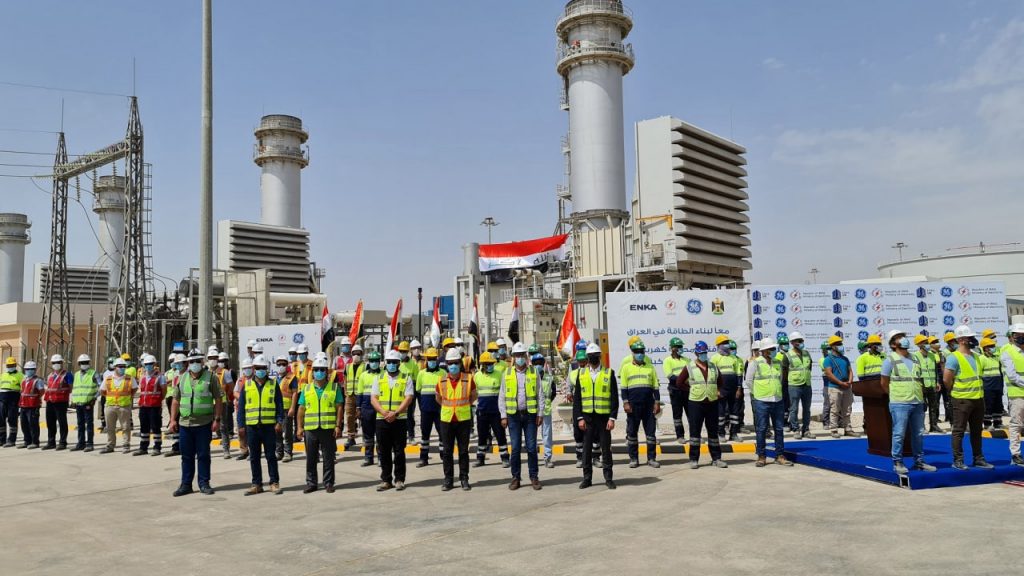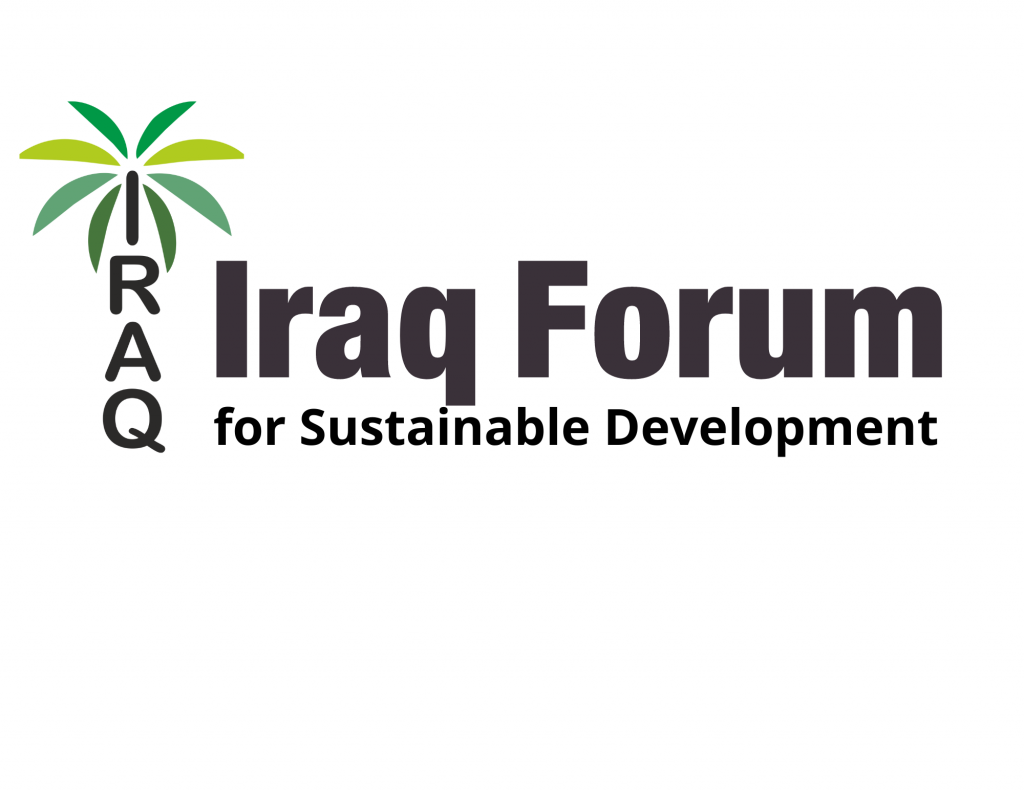Goal 7: Ensure access to affordable, reliable, sustainable and modern energy for all


Energy is one of the necessary requirements for economic advancement. The percentage of the population benefiting from electricity services is 99.1 according to the poverty and maternal mortality map survey. However, there is a severe shortage of processing hours, as the need is more than the supplied energy, and electricity is imported from neighboring countries at a rate of 6.5%, and the per capita share Of the electricity intended for sale in 2012 amounted to 1.44 megawatts. hour/year. Energy production depends on fossil fuels, and there is no significant contribution from the use of clean energies, but Iraq recently opened investment in solar energy with a capacity of 1000 megawatts, and it has adopted a poverty alleviation strategy within its activities, a project to use solar energy in poor and remote areas that are difficult to deliver electrical energy to. The private sector development strategy also seeks to encourage the private sector to contribute to energy saving projects. Within this goal, government plans and programs focused on the following: –
- Increasing the production and use of natural gas and reducing dependence on heavy fuels in the country.
- Increasing the efficiency of operational processes that lead to reduced fuel use and thus emissions.
- Develop a plan for the construction of a number of filling stations operating with liquid petroleum gas (LPG) clean fuel in Baghdad and the governorates as vehicle fuel.
- Developing the capacity of solar and wind energy to connect with the national grid.
- Converting gas stations, ie combined cycle stations, which are the most efficient technologies, least harmful to the environment compared to fossil fuels, and more efficient in fuel consumption.
As for the mitigation scenario, the mitigation team proposed a total of 19 projects to mitigate greenhouse gas emissions, and they are related to primary energy, renewable energy, energy efficiency, waste and agriculture.
Iraq has submitted its Nationally Determined Contribution (INDC) document to the Secretariat of the Framework Convention on Climate Change, which includes projects proposed by the relevant ministries, including the Ministry of Housing (the project to issue green building codes, and the project to use solar energy in buildings) and other projects that contribute to diversifying the sources of green economy in Iraq.
